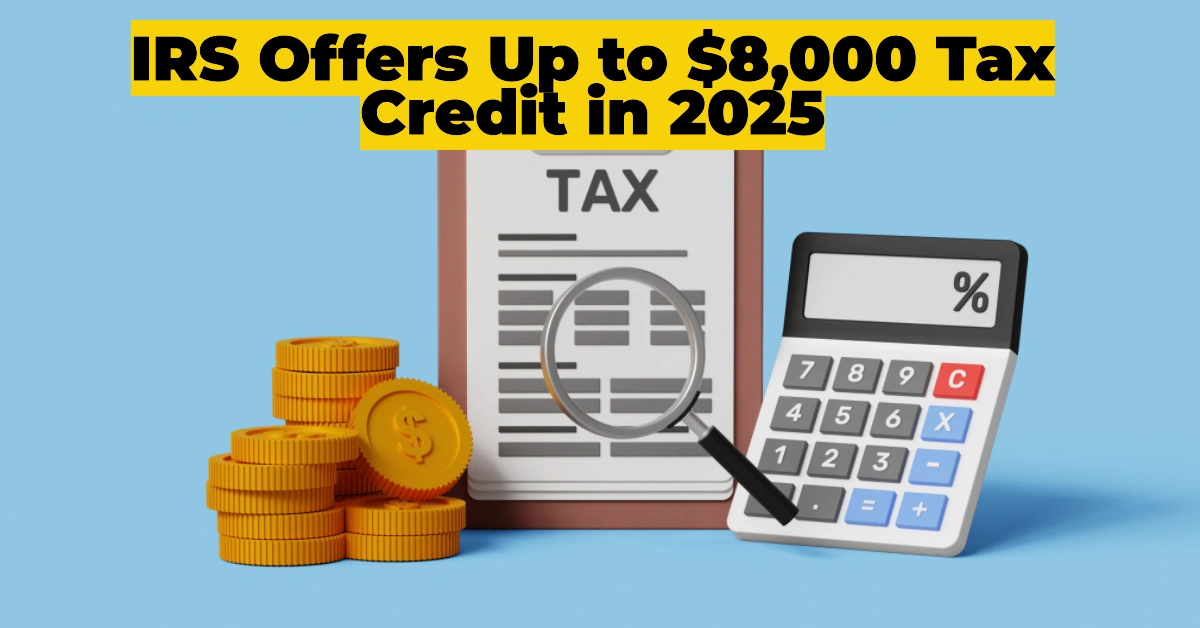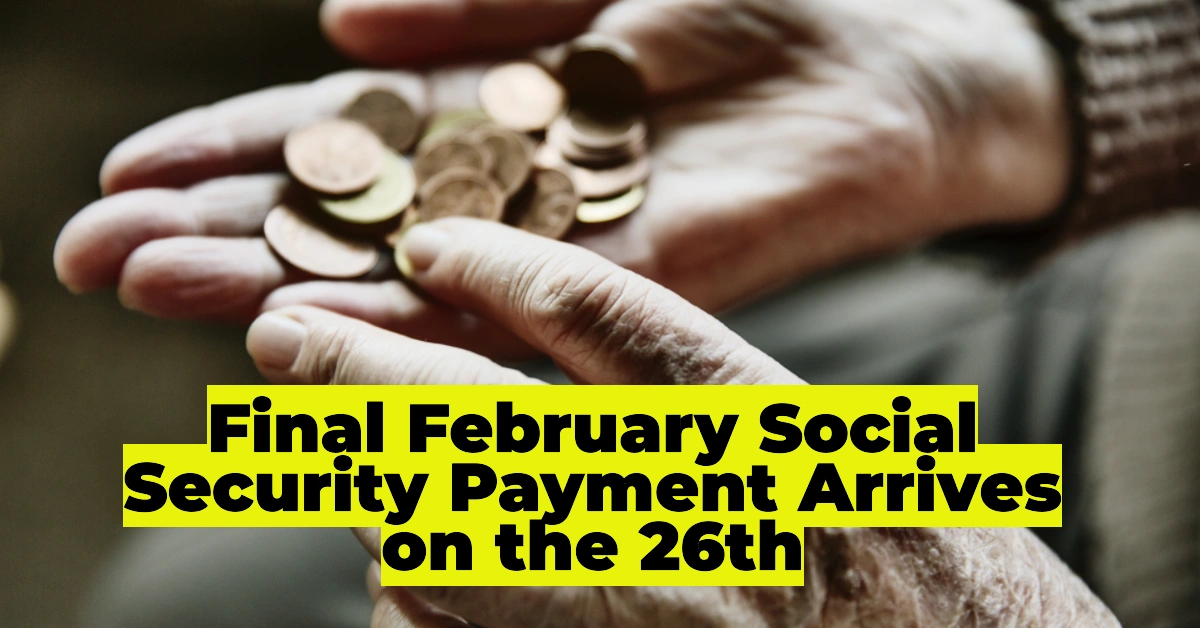As the year draws to a close, it’s the perfect time to take a step back and reflect—not just on personal achievements, but also on your financial journey. Amid rising costs of living and stagnant wage growth, many individuals find themselves feeling financially stretched.
Table of Contents
A recent survey from Bank of America revealed that nearly half of Americans are living paycheck to paycheck, while Bankrate’s Wage to Inflation Index noted that prices have risen 20% since January 2021, outpacing the 17.4% increase in wages.
With challenges like these, financial experts emphasize the importance of self-compassion and practical goal-setting as we transition into a new year. Here’s how four financial experts suggest you evaluate your financial health and set actionable goals for 2025.
Costco’s Robust Membership Growth Fuels Revenue Increase Amid Fee Hike
1. Practice Self-Compassion: Build a Better Financial Mindset
Many people feel ashamed or disappointed about how they managed their finances, especially during the holiday season. Vicky Reynal, financial psychotherapist and author of Money on Your Mind, emphasizes the importance of being kind to yourself when reflecting on your spending habits.
“It’s common to feel like you should be doing better,” Reynal says. However, guilt and shame can prevent productive change. Managing money isn’t an innate skill—it’s learned over time, often through trial and error.
Reynal advises reframing negative feelings into positive action. Ask yourself:
- What can I do differently?
- What do I want to achieve financially in the coming year?
New York New Minimum Wage for 2025: Key Changes and Effective Dates
IRS Announces New Tax Brackets and Deductions for 2025: Changes That Could Save You Money
The Future of Currency: The New Counterfeit-Proof Dollar Bills Coming by 2025
SSA’s $22.8 Million Payment Mistake: What Went Wrong and How It’s Being Fixed
2. Audit the 5 Pillars of Financial Stability
According to Sarah Coles, head of personal finance at Hargreaves Lansdown, taking stock of your finances begins with evaluating five key areas:
- Short-term debt management: Are credit cards or loans under control?
- Family protection: Do you have essential safeguards like life insurance and a will?
- Emergency savings: Have you saved enough to cover three to six months of essential expenses?
- Pension progress: Are you on track with retirement savings?
- Investment growth: Are you making your money work for you through investments?
Understanding your standing in these areas provides a clear foundation for setting achievable goals and creating a sustainable budget.
3. Simplify Budgeting: Keep It Realistic and Practical
A common reason financial resolutions fail is because they’re overly complex, Reynal explains.
“People proudly show me 30-tab spreadsheets to track every expense, but that’s not sustainable,” she says. Instead, opt for simpler tools like budgeting apps or automated payment systems that streamline the process.
Tamara Harel-Cohen, co-founder of the financial wellbeing app RiseUp, suggests a quick, daily financial check-in. “A five-minute morning review of how you plan to spend your money can improve decision-making without feeling overwhelming,” she says.
Budgeting doesn’t need to be a burden. Small, consistent actions can create a cycle of empowerment and confidence, making financial goals feel more achievable.
4. Focus on Small Wins for Lasting Change
Many people set overly ambitious financial goals for the new year, only to give up a few weeks later. Reynal highlights the importance of starting small.
“Small, actionable goals build confidence, agency, and momentum,” she explains. For instance:
- Automate monthly transfers to a savings account for long-term goals like vacations or retirement.
- Start with saving just 1% more of your income or cutting back on a single unnecessary expense.
Harel-Cohen suggests automating these changes where possible, so you can “set it and forget it.”
5. Balance Spending with Emotional Wellbeing
Spending money doesn’t have to be anxiety-inducing, says Ylva Baeckström, senior lecturer in finance at King’s Business School. Instead, reflect on how your spending habits make you feel.
Ask yourself:
- Did spending on certain things bring me joy?
- Did other purchases cause anxiety or stress?
“Allow yourself treats that make you happy,” Baeckström advises. “But cut back on spending that leaves you feeling anxious.”
Start 2025 With a Fresh Perspective on Finances
Taking time to reflect on your financial habits doesn’t have to be daunting. By practicing self-compassion, auditing key areas of your finances, and setting realistic goals, you can create a roadmap for 2025 that’s both practical and empowering.
Remember, financial wellbeing is a marathon, not a sprint. Small, consistent steps today can lead to meaningful progress tomorrow. Start the year with confidence and take control of your financial future.











One thought on “4 Money Experts Share Powerful Tips to Reflect on Finances and Set Winning Goals for 2025”